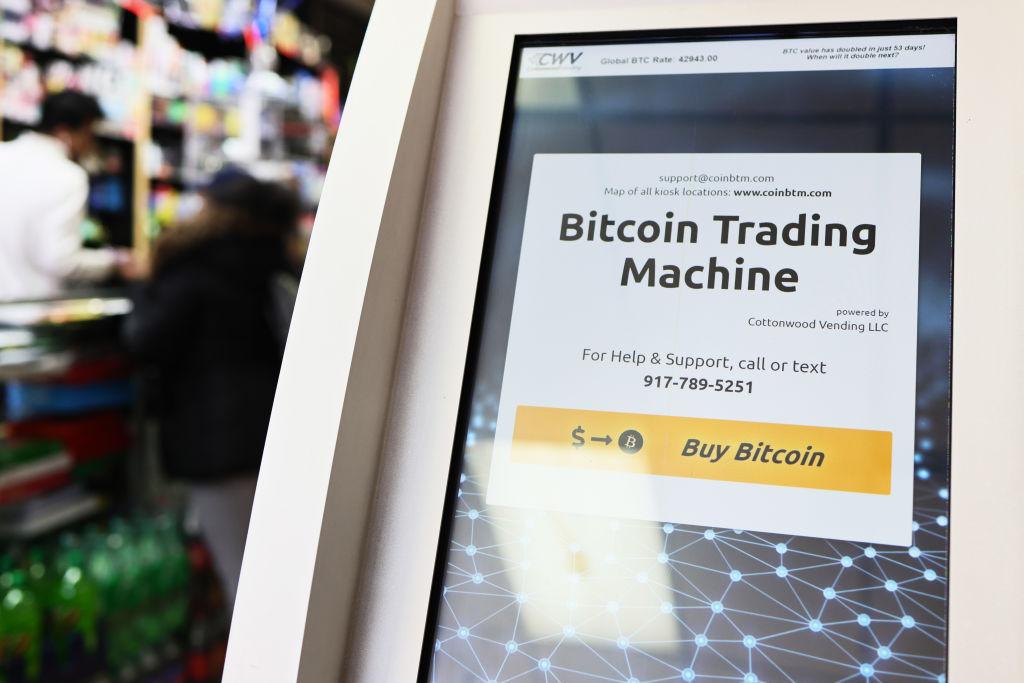Cryptocurrency enthusiasts not only lost money they had approved for a presale transaction, but also lost all the money in their Trust Wallet over this past weekend, through a deception that gave scammers access to their entire wallet, according to people who claimed to have been affected.
The victims, who may number in the hundreds, invested in efarms, a new cryptocurrency launched by elonfarms, which operated with a Twitter account (@elonfarms), a website (elonfarms.finance), and a Telegram group (ElonFarms). All these accounts have been either deleted or deactivated. Elon Musk isn’t known to be involved in the elonfarms cryptocurrency.




